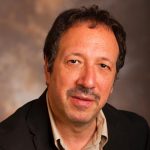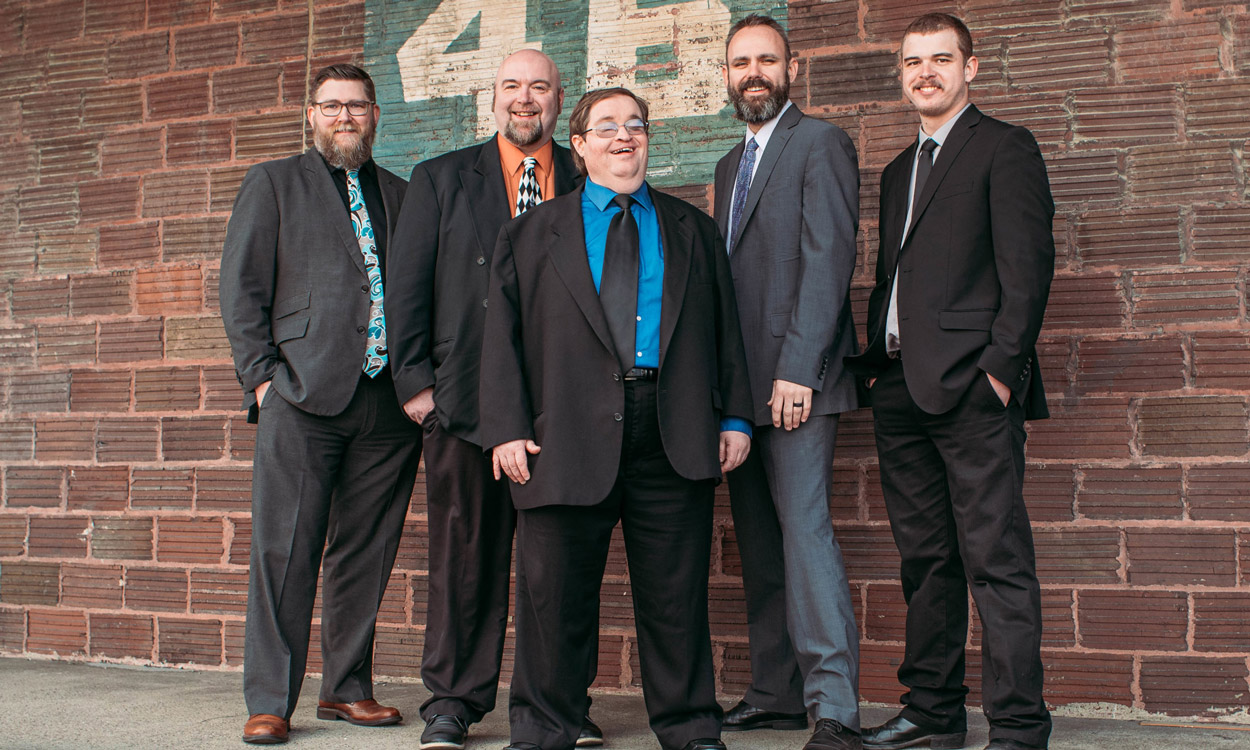Psychology speaker series continues with talk science and pseudoscience
With the rising popularity of science fiction masquerading as “documentaries” on television and conspiracy theories inundating the internet, distinguishing between proper science and pseudoscience has become more and more difficult, and without some perspective, the line between the two could be further crossed.
Scott O. Lilienfeld will be providing just such science verses pseudoscience perspective in the Blue Ridge Conference Center on Thursday, Feb. 6, from 6 to 7:30 p.m. His talk is titled “Science and Pseudoscience in Everyday Life: A Field Guide for Evaluating Extraordinary Claims,” and is free and open to the public.

Scott O. Lilienfeld
“The everyday world is a bewildering mixture of claims, some of them well-supported but many others – such as conspiracy theories and misinformation – poorly substantiated. In this talk, Dr. Lilienfeld will discuss the prevalence of pseudoscientific and otherwise questionable beliefs in contemporary life and explore why all of us are susceptible to their seductive allure,” said David McCord, WCU professor of Clinical Psychology.
Lilienfeld is the Samuel Candler Dobbs Professor of Psychology at Emory University in Atlanta and a visiting professor at the University of Melbourne in Australia. He has received extensive press coverage in the New York Times, Washington Post and other outlets, and has appeared on CNN, ABC’s “20-20” and the CBS Evening News.
Lilienfeld’s talk is sponsored by the WCU Department of Psychology as part of its inaugural speaker series. For more information, contact McCord at 828-337-3363.

